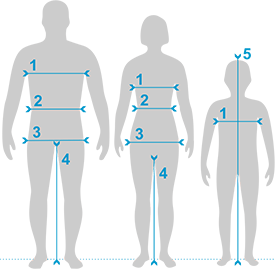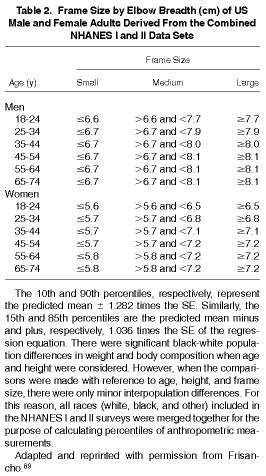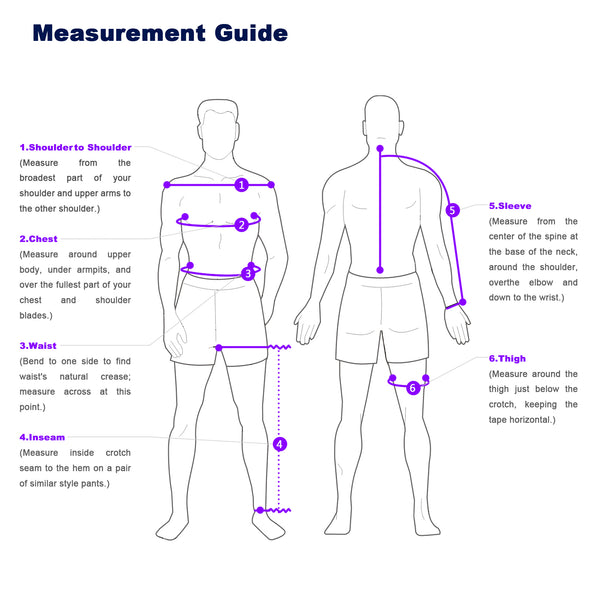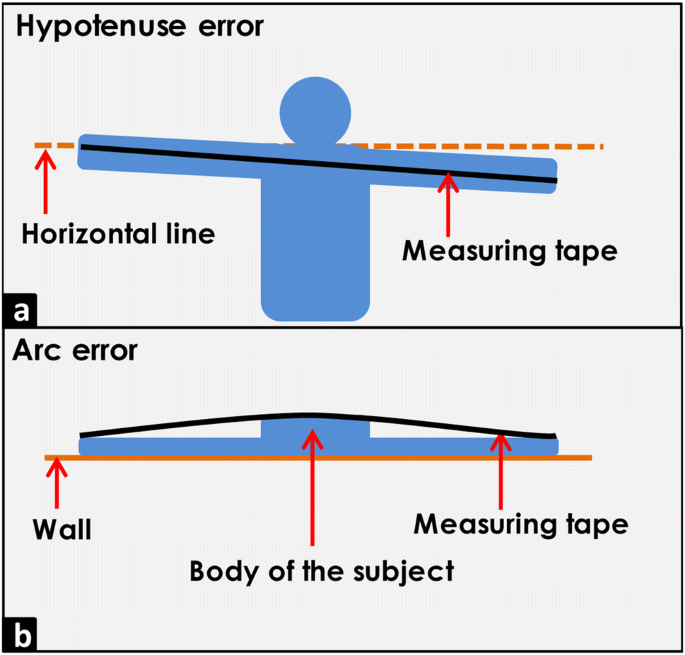How To Measure Horizontal Body Measurement
Check out the easy to follow instructions for getting accurate measurements for each body part below.
How to measure horizontal body measurement. And dont forget to weigh yourself each time you take your measurements. If your measuring tape is too short to measure your full height measure as high as you can and make a pencil mark on the wall. Donot take this too tight shoulder to shoulder this is measured from shoulder bone on one side to the oth er side shoulder bone. Neck round measure around the base of the neck slightly loose.
Keep the measuring tape flat against the wall. Here are some tips for taking accurate measurements. Use a tape measure ideally a metal one that will remain straight to measure the distance from the floor to the mark on the wall. Measure the circumference of your chest.
Keep measuring this until you reach the pencil mark you made using the box. From one side at the bust height traveling through the apex to to mid center of the chest. How to measure your arms. Horizontal body type to find your body type you need to do 2 things.
- Body Measurement Full Body Jennifer Garner
- How To Find Body Measurement Using Weight And Height Data
- Maria Luiza Mendes Body Measurement
Then the horizontal measurements. Measure from the floor to the pencil mark with a measuring tape. This measurement will need to be taken with a scale either electronic or manual. There are five key areas of your body you should measure.
Later versions are more accurate usually able to measure with an accuracy of about 2 parts per million 2 mm per kilometre or 60 mm over a 30 km line. Expressing distances as horizontal measurements. Measure with the measuring tape below the armpits all the way around the body one time making sure to keep the tape measure parallel to the floor and around the widest part of the bust. The early edm instruments could measure long distances with an accuracy of about 5 parts per million ie.
For weight monitoring you may include your body weight as a body measurement. You should always measure distances as horizontal distances. You may have to measure on ground which has no slope or only a very small slope that is less than or equal to 5 percent see section 40. Arms chest waist hips and legs.
5 mm for every km or to 150 mm over a 30 km line. You can find scales for sale at many stores or for use at gyms and doctors offices. For example when measuring your waist some people take the measurement below the belly button when your natural waistline is located above the belly button. Consistency is key so make sure youre taking your measurements the same way each time.



















